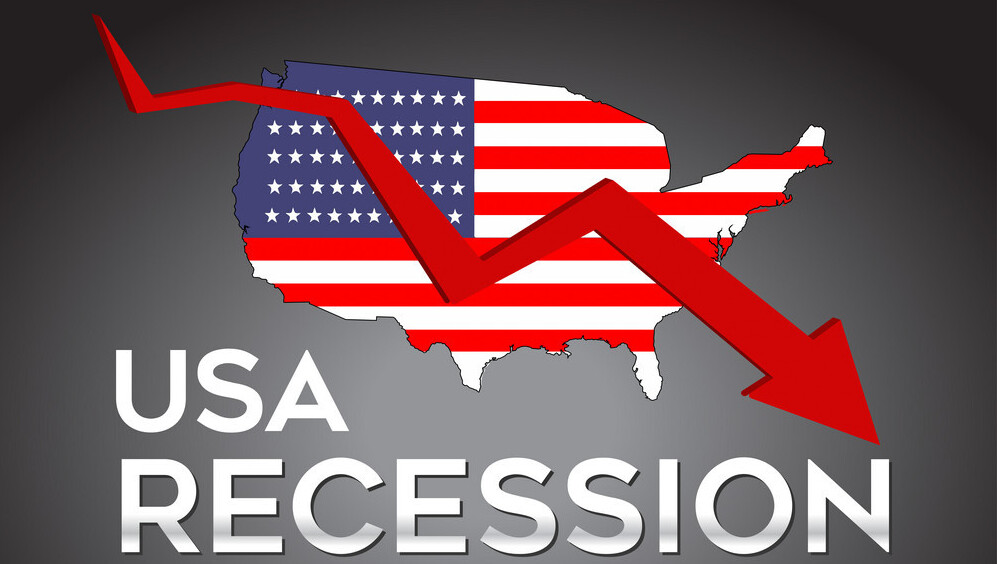The COVID-19 pandemic has brought the world economy to a standstill and the United States is no exception. The country has been hit hard by the pandemic with widespread job losses, economic hardship for many Americans, and an uncertain future.
While the US has seen some positive signs of recovery such as strong job growth and a robust stock market, many experts are warning that a recession could still be on the horizon.


This article will discuss the factors fueling recession speculation in the US and the measures being taken to prevent a recession.
5 Key Points
- The ongoing uncertainty surrounding the COVID-19 pandemic is a major factor fueling recession speculation in the United States.
- Rising inflation and interest rates, as well as a potential downturn in the housing market, are also potential contributors to a recession.
- Despite these concerns, the US economy has seen strong job growth and a stable stock market in recent months.
- The Federal Reserve has warned that the economic recovery is likely to be uneven, and some sectors and groups of workers may be left behind.
- The US government has taken several measures to try to stimulate the economy and prevent a recession, such as passing a massive stimulus package earlier this year.
Recession speculation has been a hot topic in the United States as the country continues to navigate the ongoing economic fallout from the COVID-19 pandemic. While the country has seen strong job growth and a robust stock market in recent months, many experts are warning that a recession could still be on the horizon.
One of the main factors fueling recession speculation is the ongoing uncertainty surrounding the pandemic. The virus continues to spread rapidly across the country, leading to renewed lockdowns and restrictions on business activity. This has led to widespread job losses and economic hardship for many Americans.
Additionally, experts are also pointing to a number of other factors that could contribute to a recession, including rising inflation and interest rates, as well as a potential downturn in the housing market.
Despite these concerns, there are also many reasons to be optimistic about the US economy. The country has seen strong job growth in recent months, with the unemployment rate dropping to its lowest level in over a year. Additionally, the stock market has remained relatively stable, with the S&P 500 index reaching new highs in recent weeks.
Despite this, it’s important to note that the Federal Reserve has warned that the economic recovery is likely to be uneven and that some sectors and groups of workers may be left behind.
It’s also worth noting that the US government has taken several measures to try to stimulate the economy and prevent a recession, such as passing a massive stimulus package earlier this year, which provided financial support to individuals and businesses affected by the pandemic.
Overall, while there are certainly reasons to be cautious about the US economy, there are also many reasons to be optimistic. The country has shown a remarkable ability to adapt and recover in the face of adversity, and it’s likely that it will continue to do so in the months and years to come.
It’s important to keep in mind that predictions are just that – predictions and the situation can change rapidly. It’s always a good idea to keep an eye on the economic indicators and developments and seek professional advice if you have any concerns about your financial situation.
In conclusion, the US economy is currently facing a number of challenges as the country continues to navigate the ongoing economic fallout from the COVID-19 pandemic. While there are certainly reasons to be cautious about the economy, there are also many reasons to be optimistic.
The country has seen strong job growth and a stable stock market in recent months, and the US government has taken several measures to try to stimulate the economy and prevent a recession. However, the economic recovery is likely to be uneven and some sectors and groups of workers may be left behind.
It’s important to keep an eye on the economic indicators and developments and seek professional advice if you have any concerns about your financial situation. It’s always a good idea to be prepared for any situation, but it’s also important to remember that predictions are just that – predictions and the situation can change rapidly.




